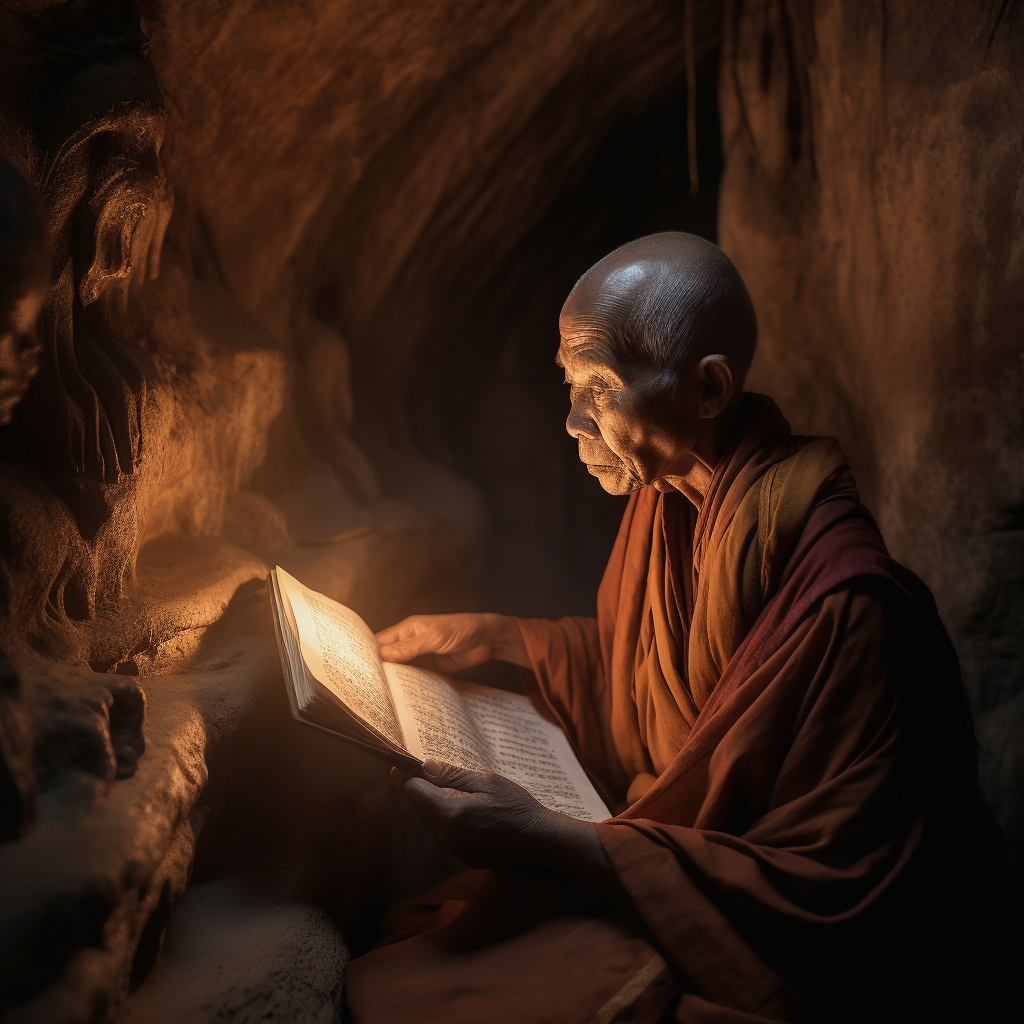Topic
Taoism Non-Duality
Understanding the Unity of All Things
Taoism is an ancient Chinese philosophy that has been practiced for over two thousand years. It is based on the principles of Tao, which means "the way" or "the path." Taoism emphasizes the importance of living in harmony with nature, simplicity, and the interconnectedness of all things. One of the core concepts of Taoism is non-duality, which refers to the unity of all things and the absence of a clear distinction between opposites.







